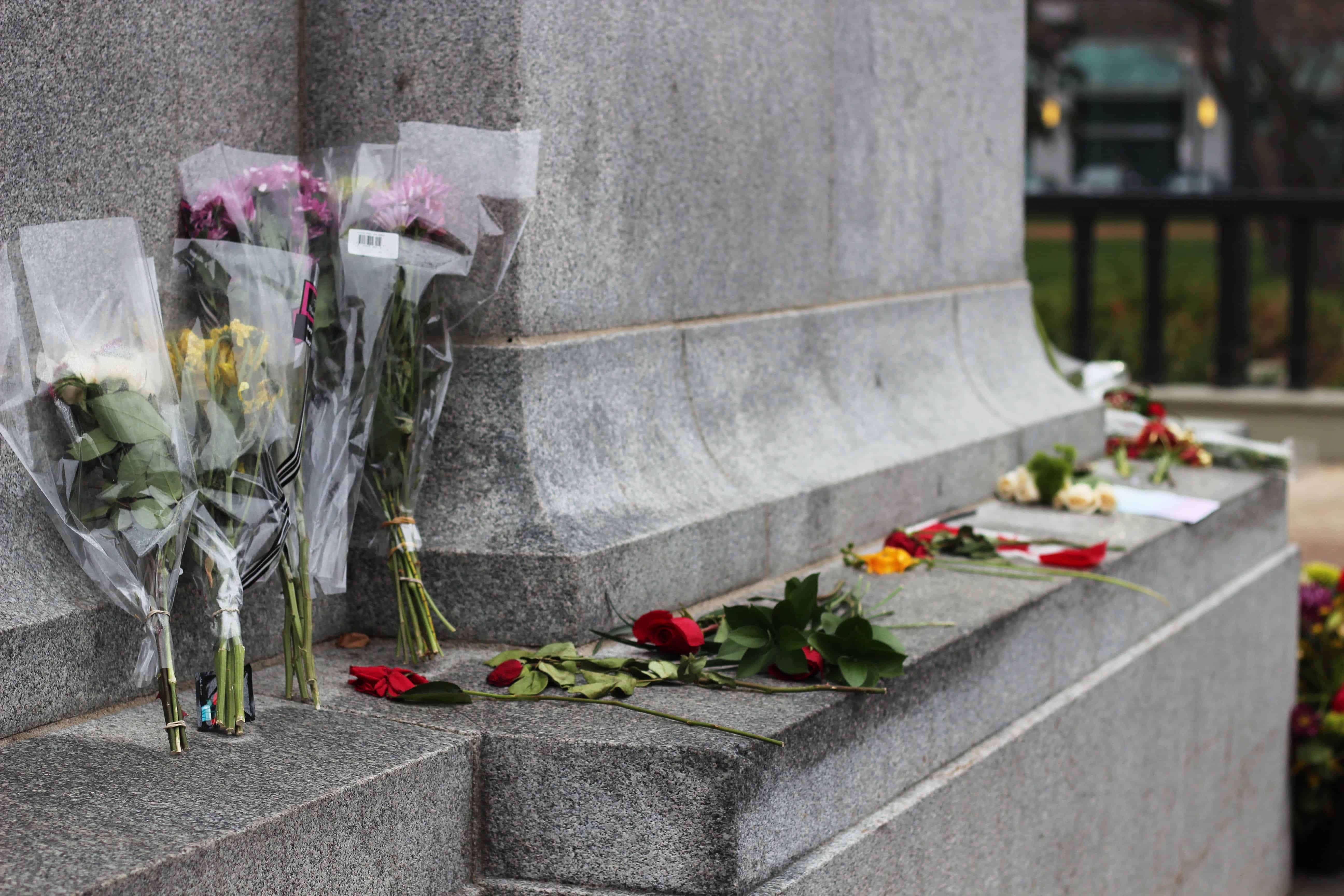Gangster

Article: Dan Sherven – Contributor
Groups are a fundamental piece of the human puzzle; we need to have groups to belong to. From Palahniuk’s Fight Club to Saskatchewan’s Roughrider obsession, most human beings feel insignificant and forgotten when not actively engaged in something bigger than themselves. This can be anything from a sports team to an artistic collective. The medium does not matter. Rather, it is the sense of belonging brought on by meaningful contribution that is of importance.
I think most people understand that our lives will most likely amount to no real historical significance. There’s over five thousand years of well-recorded human history and you can only name a few handfuls of your predecessors. However, this reality does have a silver lining. In grasping our individual insignificance, we are more warranted in using a group dynamic to compensate for and overcome it. Reflection on this tendency yields a fresh insight into an often-misunderstood group: street gangs.
Myself, as well as what I presume to be the majority of the Carillon’s readership, are more privileged than we can ever fathom. The majority of the readership is comprised of the children of middle and upper-class citizens of Canada. This means there is a very good chance that the majority of the readership had access to virtually any group they wished to join. Whether a sports team, a musical band, a University career, or possibly even ownership of a vehicle, the list of groups available to the readership, as youths were momentous.
I draw attention to the plethora of options for most of our readership, because I wish to highlight the contrast on the opposite end of the financial spectrum. It is disturbing that I even feel the need to mention this, but it is important to recognize that people living in poverty wish to belong and contribute just as you and I do. The financial burdens that they are placed under simply render different avenues of belonging and contribution as potential possibilities. A citizen living in abject poverty is not going to be sending his or her child to hockey school for the summer. Instead, they are going to be focused on making ends meet and putting meat on the table. There is absolutely nothing wrong with this. The citizen is simply doing what they must to survive. However, one of the downsides to this reality is that the citizen’s child will likely not have any groups to belong to.
This sad truth stems from the fact that the parental unit lacks the money needed for the child to enroll in most organized groups. Consequently, the child is not going to have the opportunity to excel in organized sports or music lessons and feel belonging and contribution. Even excellence in school becomes more unlikely as the situation dictates that the poverty-stricken parental unit will be too focused on money to be of much assistance in the child’s studies. Resultantly, it is more likely that the child will not find belonging and contribution within the walls of the classroom. Thereby, it is demonstrated that financial strength and one’s ability to gain a sense of belonging and contribution are intertwined.
Certainly, there are exceptions to this rule. Nevertheless, there is a troubling tendency of children in poverty-ridden situations to turn to gangs as a source of belonging and community. It costs zero dollars to do so, and gangs not only provide the sense of belonging and contribution the youth is craving, but also provides lucrative money-making opportunities to the financially-burdened youth. Therefore, not only are gangs attractive because of the sense of belonging and contribution that they offer, but they promise a wealthier life wherein one has the opportunity to gain belonging and contribution in a non-criminal fashion. This, of course, stems from the promise of making enough money in the gang to leave the gang and enter legally legitimate groups, or fund their future children to do so.
Gang membership fills a hole that is present in all humans. Everyone wants to belong and to contribute, and unfortunately for some of our youth, the best avenue to achieve this end is to join a gang. In moving forward with this knowledge, it is important that we always consider what can be done to lessen the financial burdens placed on our poverty-stricken brothers and sisters, as well as what free-to-join groups can be created for our youth as alternatives to gangs.









